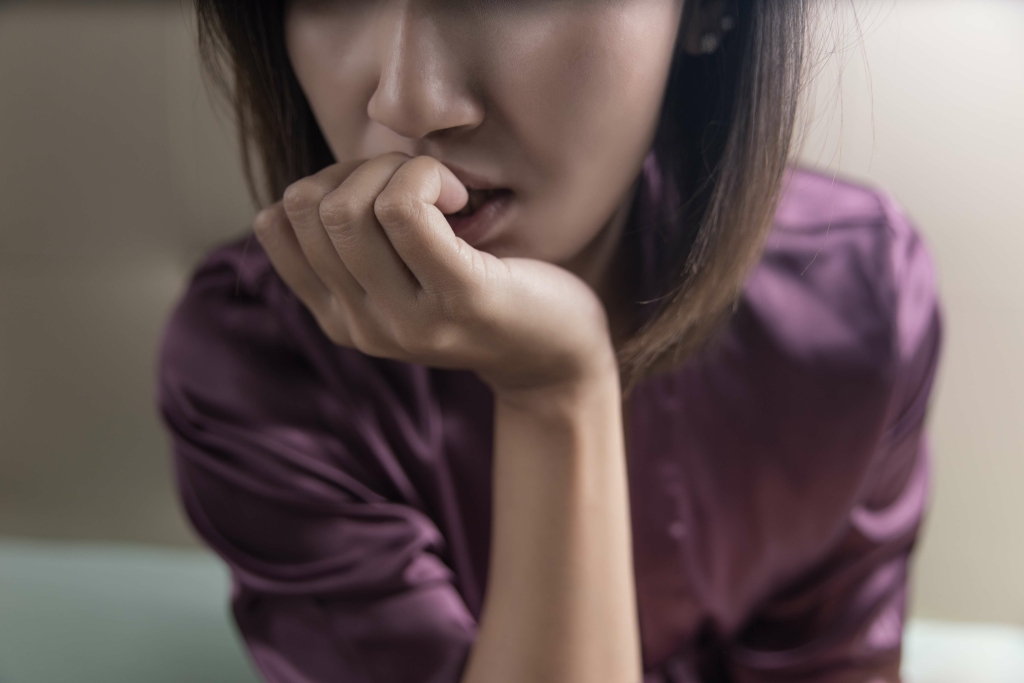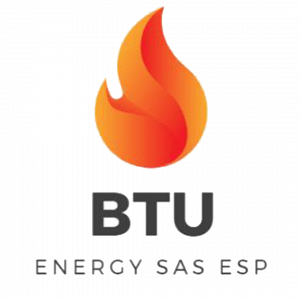Combating the Guilt and the Shame of Addiction
Don’t miss out on an opportunity to decrease your negative emotions by engaging your creative talents. This can be particularly beneficial for those experiencing shame and guilt, as it allows them to acknowledge these feelings without becoming overwhelmed or mired in self-blame. DBT for shame and guilt often involves group therapy sessions where clients practice applying DBT skills in role-plays and other experiential exercises. The therapist also provides individual coaching between sessions to support clients in using these skills in real-life situations. Shame can keep you from getting back to helping yourself and moving forward.
This can hinder addiction recovery if enabled, if left to the backburner. Living with the feelings of shame and guilt can be very challenging https://ecosoberhouse.com/ when going through the motions of addiction. Yet, they can be even harder when experiencing addiction recovery efforts.
Create things in your life that you are proud of
If one dwells in these feelings though, the creation of self-doubt can lead to furthering relapse or causing it to reoccur. It is important to try to become more self-aware of your feelings and work on them. Guilt, shame, anger, fear, and other emotions are only as powerful as we allow them to be.
- Don’t let shame and guilt hold you back in addiction recovery; learn how to address suicidal thoughts in addiction recovery today to create a brighter tomorrow for yourself.
- Guilt can be useful in identifying harmful behavior patterns but becomes toxic when it prevents individuals from moving forward.
- Guilt is that little twinge you feel when you are about to do something you
know is wrong. - They can be linked to previous behaviours, tough to overturn.
- After years of suppressing these feelings of shame, mental disorders are created, which are overwhelmingly distressful.
Things like recognising that negative stereotypes about recovering addicts are untrue and practising self-forgiveness are the first steps that you can take to overcoming shame during recovery. The steps that you should take after these include apologizing to those that you have harmed, focusing on your addiction recovery, and creating goals that will increase your self-esteem. Of course, it is always important that you are completely honest when it comes to your past and present situation when it comes to your addiction. This will allow people like healthcare workers, therapists, and those in your support system to help you in the best way possible.
How to Overcome Shame and Guilt in Recovery
Unfortunately, shame is a common experience that people in addiction treatment and recovery have faced. These feelings can feel very negative and daunting, and, although painful, these feelings are normal. There are ways that you can overcome this feeling of shame in addiction recovery, however.
![]()
Forgiving yourself and asking for forgiveness from others will help to heal the emotions of shame and guilt. While this can take some time, while professional intervention may be required, it’s important that you work on your mental health state and your view on self-worth. See the role of shame and guilt in addiction recovery, along with how to overcome both with our support at Action Rehab. Overcoming shame and guilt are imperative if you are suffering from addiction. By enabling both emotions, the churn of addictive behaviours will continue. Yet, healing from shame and guilt can motivate greater addiction recovery, help you see things differently, and forgive yourself for the future.
Addiction Treatment for a Brighter Future
Seek support from therapists and counselors who specialize in helping individuals manage complex emotions like guilt and shame. They offer personalized strategies and a safe space to explore and address these feelings effectively. Through mindfulness meditation, individuals can develop greater self-awareness and compassion towards themselves. Dialectical Behavioral Therapy (DBT) has emerged as a promising therapeutic approach for addressing shame and guilt in addiction recovery.
- From acquiring psychological support to developing new strategies for confronting negative thought patterns, there are numerous steps toward complete mental health recovery.
- Both of these emotions are similar, in that they deal with remorse and inadequacies – the same feelings that often compel users to start taking drugs.
- This is exactly why breaking free from addiction and shame are vital.
- It is easy to be critical of yourself and your actions when you weren’t sober, but dwelling on these emotions is counterproductive and self-destructive.
- By focusing solely on the addictive behavior, you can neglect the other areas of your life that make your addictive behavior worse or could be the reason why it’s happening in the first place.
You can’t travel back in time and undo the past, but you can make a fresh start, and live a positive and meaningful life. Talk about your recovery with your family, friends, or therapist — anyone who will listen without judgment. Talking about your journey helps you take back control of your life. Being open and honest about your feelings is a great way to process them and move on. There is no foolproof way to do it, but you can start by trying the following suggestions.
How to Overcome Shame and Build Self-Confidence
In fact, they were often overlooked as unproven methods of treating emotional distress in the past. However now we know that they play a valuable role in creating emotional balance. Incorporating Cognitive Behavioral Therapy (CBT) for Shame and Guilt into your treatment plan can help you develop strategies to cope with this difficult emotion. With proper guidance from a qualified therapist trained in this method, it has potential to provide long-term relief from these intense emotions.

However, building a support system requires effort and patience. It would be best if you had friends or family members who understand your situation and genuinely care about seeing you succeed in your recovery journey. In addition, consider joining local support groups or seeking professional help from therapists or counselors if needed. Distinguishing Between Shame and Guilt is an important aspect of addiction recovery as these two emotions play a significant role in the behavior and self-esteem of an individual.
When these things happen enough, they become more than instances. Shame is one of those emotions we will do anything to avoid. It takes your breath away, makes you nauseous, and makes guilt and shame in recovery you want to disappear. We’ll lie, isolate ourselves, and search for any way to vanish so as not to feel it. Sometimes we use drugs or get drunk, other times we stuff our faces.

